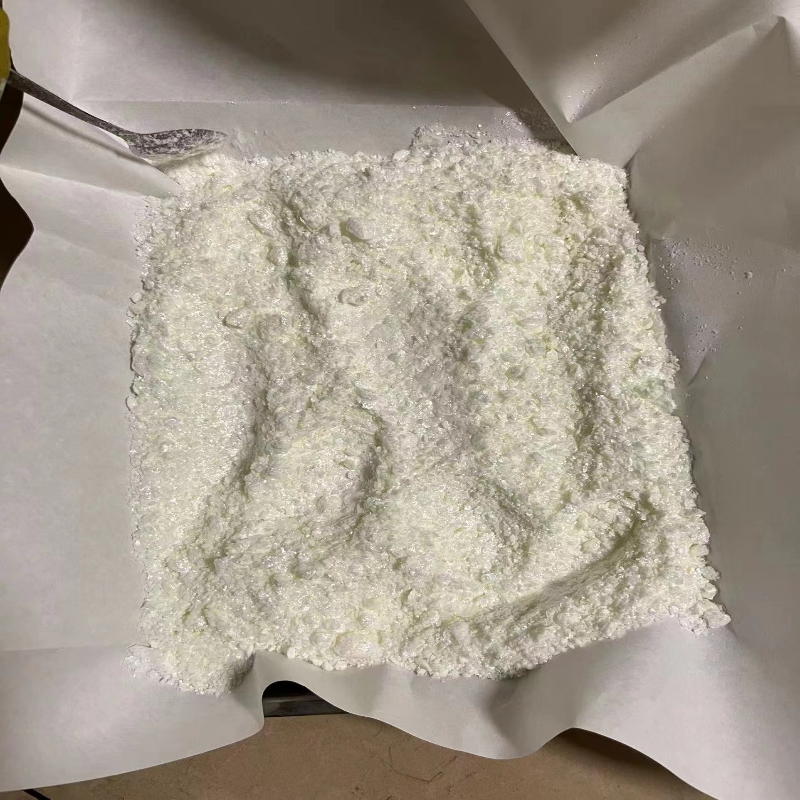-
Categories
-
Pharmaceutical Intermediates
-
Active Pharmaceutical Ingredients
-
Food Additives
- Industrial Coatings
- Agrochemicals
- Dyes and Pigments
- Surfactant
- Flavors and Fragrances
- Chemical Reagents
- Catalyst and Auxiliary
- Natural Products
- Inorganic Chemistry
-
Organic Chemistry
-
Biochemical Engineering
- Analytical Chemistry
-
Cosmetic Ingredient
- Water Treatment Chemical
-
Pharmaceutical Intermediates
Promotion
ECHEMI Mall
Wholesale
Weekly Price
Exhibition
News
-
Trade Service
Henkel Adhesive Technologies, a global leader in structural adhesives and finishes for the aircraft OEM and MRO industries, has announced a collaboration on a study focused on "reducing carbon dioxide emissions through improved material utilization
.
"
The research is currently being carried out by Boeing Deutschland in cooperation with the Institute of Lightweight Structures at the Federal Armed Forces University in Munich and funded by the German Federal Ministry of Economic Affairs and Energy
.
The 36-month sustainability study, launched in January 2021, will examine strategies to reduce the carbon footprint of composite parts by controlling material consumption to reduce the weight of aerospace components, making part production as efficient as possible
.
The research will combine traditional engineering with finite element analysis (FEA) and digital twin techniques
.
An accurate virtual representation of the test sample will be digitally manipulated to generate material performance data across the life cycle of the sample
.
This digital simulation reduces the mechanical resources and time required to complete traditional testing
.
Henkel will provide state-of-the-art epoxy and polyurethane reactive composite matrix resins, industry expertise and necessary material modifications for the study
.
The company will also make samples of epoxy and polyurethane composites using its Loctite and Bonderite resins with carbon fiber supplied by Teijin
.
Martin Renkel, Senior Regional Product Development Manager at Henkel Adhesive Technologies, explains: "Too much carbon dioxide is generated during the production and service life of fiber composite components
.
Through this research, Henkel will improve the production efficiency and Reducing component weight helps the aerospace industry become sustainable
.
Lower fuel and material consumption leads to considerable greenhouse gas reductions
.
Even the research itself is green
.
Digital testing reduces physical testing, which means more Fewer samples, lower research costs
.
"
Ruairi O'Kane, Head of Strategy, Aviation, Aerospace and Rail Global Division, Henkel Adhesive Technologies, added: "We are very proud to be collaborating on this research that will help the aerospace industry achieve sustainability and sustainability by 2050.
Climate goals
.
Using composite materials to manufacture can reduce fuel consumption by 10% to 15%, while reducing carbon dioxide emissions
.
Our scientists and engineers understand the importance of cutting-edge technologies to drive the adoption of new materials and new processes Excited to collaborate on a highly digital initiative
.
"







